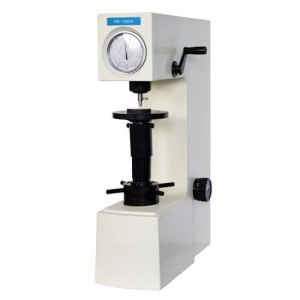The presence of simulated sounds and vital signs in nursing training manikins varies greatly depending on the model and its intended application. Here's a breakdown to help you understand.
Basic Manikins
- Limited or no sounds: These manikins may lack simulated sounds or only provide basic heartbeat and breathing noises.
- Static vital signs: Some simple models may have manually adjustable dials or settings for temperature, pulse, and respiration, but these will not change dynamically.
Advanced Manikins
- Varied sounds: Depending on the scenario, these manikins may provide a more diverse range of simulated sounds such as lung sounds, bowel sounds, and vocalizations.
- Dynamic vital signs: Some advanced models include sensors and software that can simulate changing vital signs in response to simulated interventions or scenarios. They may include features such as:
- Pulse oximetry: It mimics blood oxygen saturation levels.
- Blood pressure: Mimics blood pressure changes in response to specific actions.
- Pupil reactions: Simulates the light reflex and other pupil responses.
Simulation Manikins
- Sophisticated audio capabilities: These manikins can produce complex and realistic sounds such as coughs, screams, and specific breath sounds based on the simulated condition.
- Highly dynamic vital signs:These models have advanced systems that replicate physiological responses to medications, procedures, and emotions. They may feature:
- ECG simulation:It mimics changes in heart rhythm and electrical activity.
- Respiratory simulation:Simulates various breathing patterns and responses.
- Neuromuscular simulation: It simulates muscle movement and reflexes.
Considerations
- Price: As with anatomical accuracy, the more sophisticated the sound and vital sign simulation, the more expensive the manikin.
- Training needs:Choose a manikin with the appropriate level of complexity for your specific skills practice.
- Technological requirements: Some advanced features may require additional hardware or software.
Incorporating simulated sounds and vital signs can greatly improve the realism and effectiveness of your nursing training. Selecting a manikin that matches your learning objectives and budget will allow you to gain valuable experience practicing skills and responding to dynamic situations in a safe and controlled environment.






